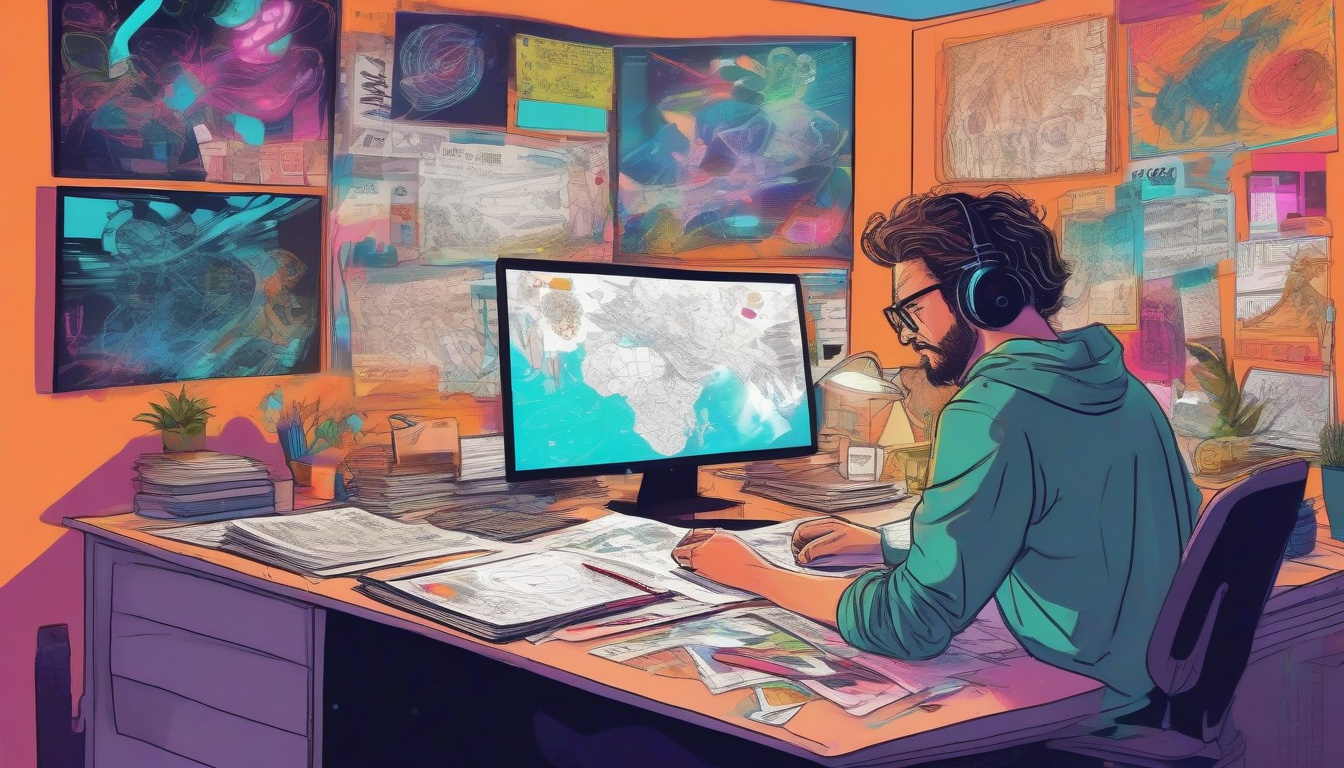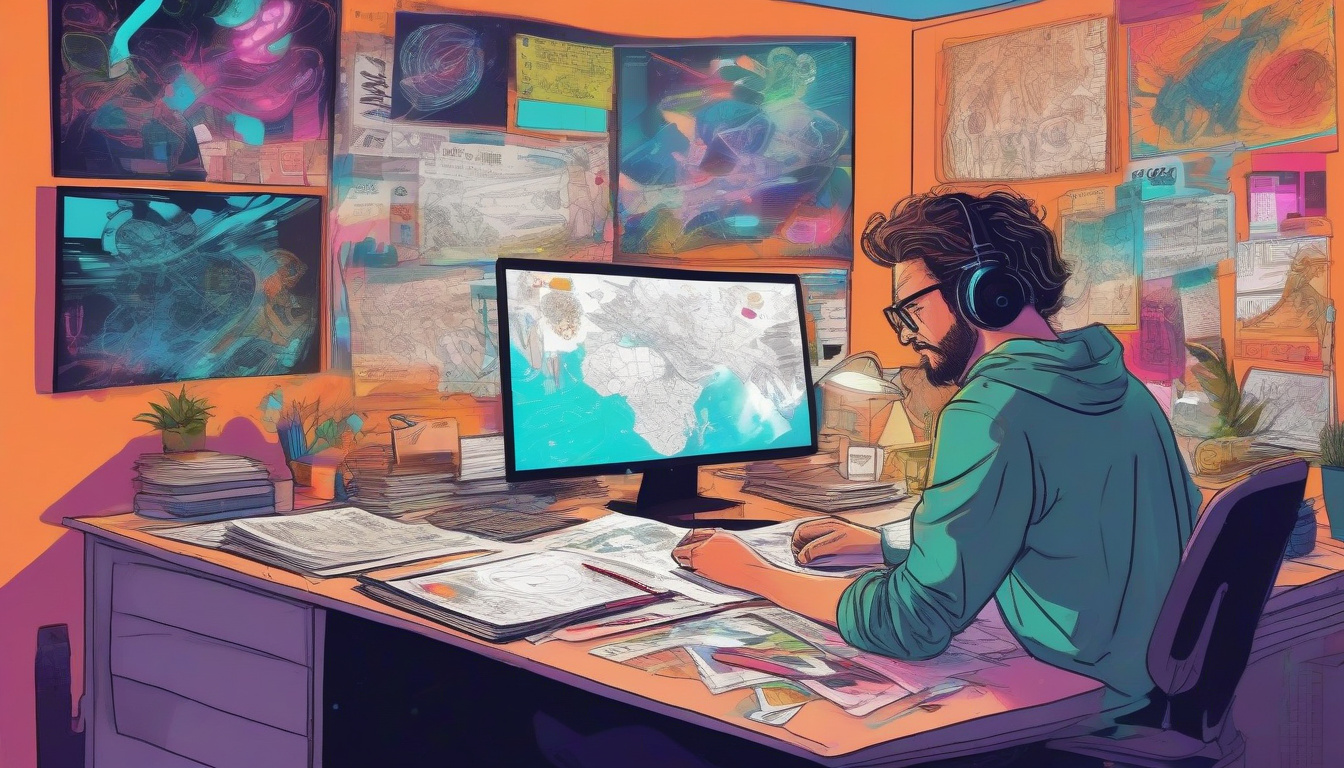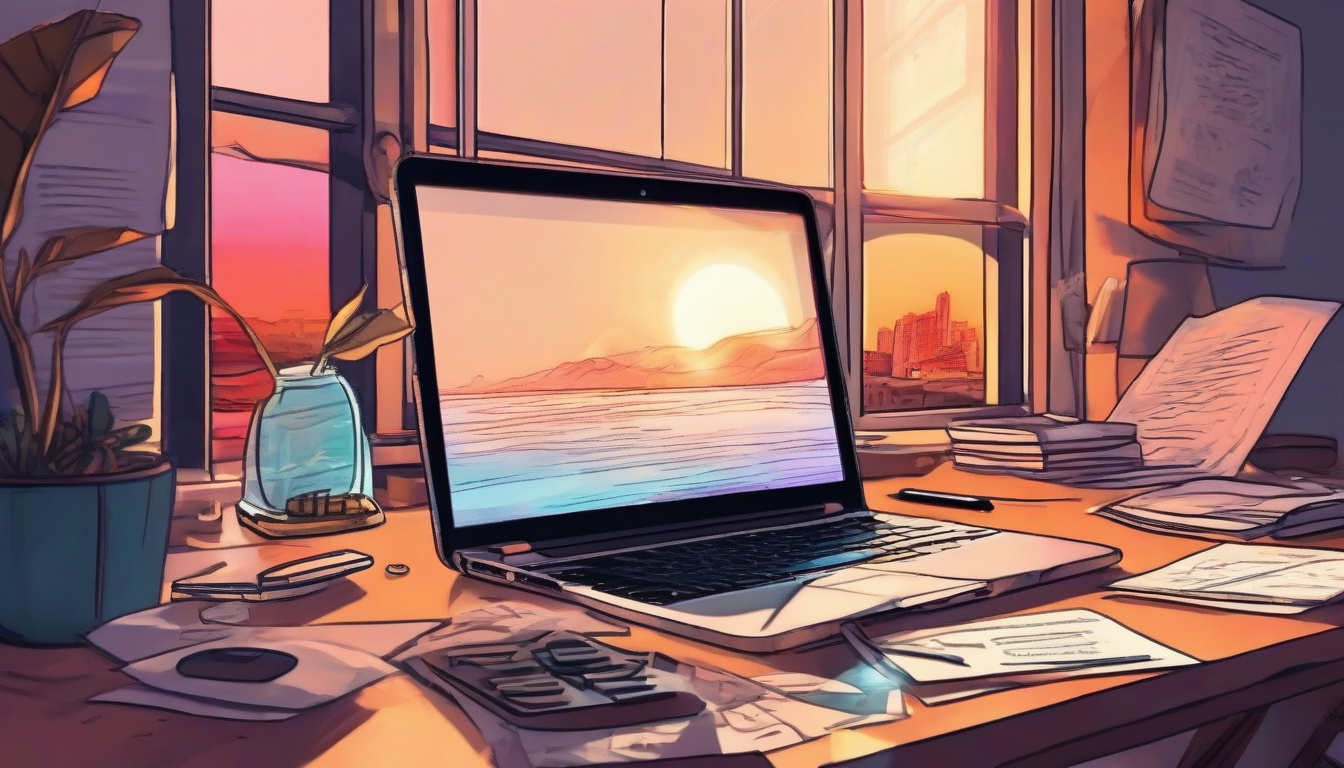
Are you a screenwriter looking to elevate your craft and generate compelling scripts that captivate audiences?
In today’s fast-paced digital world, the creative landscape is continually evolving, and innovators are finding new ways to enhance their storytelling processes.
One such innovation is the integration of artificial intelligence into creative writing.
In this article, we will explore how you can tap into the power of AI by screenwriting with ChatGPT, revealing insights into the basics of screenwriting, the transformative role of AI, and best practices to maximize your collaboration with this cutting-edge tool.
Get Professional Screenplay Coverage in Minutes, Not Weeks!

Key Takeaways
- Understanding the fundamentals of screenwriting is crucial for creating compelling scripts.
- AI, like ChatGPT, serves as a valuable tool to enhance creativity and streamline the writing process.
- Collaborating with ChatGPT can bring fresh perspectives and ideas to your screenwriting projects.
- Implementing best practices while working with ChatGPT will lead to more effective and productive collaboration.
- Learning from the success stories of other writers can inspire you to leverage ChatGPT in your own screenwriting journey.
Understanding Screenwriting Basics
Understanding the basics of screenwriting is essential for anyone looking to craft compelling scripts, and with tools like ChatGPT, the process has never been easier.
Screenwriting with ChatGPT offers writers a unique advantage; harnessing AI technology can streamline your brainstorming process, helping you brainstorm ideas, develop characters, and refine dialogue.
By inputting prompts related to your story and characters, ChatGPT can generate creative suggestions that inspire fresh ideas or even help overcome writer’s block.
Whether you’re crafting a gripping drama, a hilarious comedy, or an innovative sci-fi concept, incorporating ChatGPT into your screenwriting process can enhance your creativity and set the foundation for a captivating screenplay.
Learning these basic principles of screenwriting while employing AI assistance can significantly elevate your writing skills and ensure you tell stories that resonate with audiences.
The Role of AI in Creative Writing
The advent of artificial intelligence has transformed numerous industries, and screenwriting is no exception.
One of the most notable applications is in screenwriting with ChatGPT, where writers can leverage AI’s advanced language capabilities to enhance their creative process.
ChatGPT serves as a versatile tool, generating dialogue, developing character arcs, and even providing plot suggestions, allowing screenwriters to overcome writer’s block and explore new narrative possibilities.
Its ability to analyze existing scripts and suggest edits helps streamline the revision process, ensuring that the final product is polished and engaging.
Furthermore, AI can simulate various writing styles, enabling writers to experiment with different voices and tones in their scripts.
As a result, screenwriting with ChatGPT not only saves time but also opens up a world of creativity, making the writing process more dynamic and collaborative than ever before.
‘Good writing is rewriting.’ – A. F. Parker
Get Professional Screenplay Coverage in Minutes, Not Weeks!

How ChatGPT Can Enhance Your Screenwriting Process
Screenwriting with ChatGPT offers a revolutionary approach to developing scripts, enhancing creativity, and simplifying the writing process.
This AI-powered tool can generate ideas, assist with character development, and provide dialogue suggestions, making it an invaluable resource for both novice and seasoned screenwriters.
By using ChatGPT, writers can overcome creative blocks, brainstorm compelling plot twists, and refine their scripts with ease.
The interactive nature of the tool allows for a dynamic exchange of ideas, enabling authors to explore various narrative pathways and deepen their storytelling techniques.
Ultimately, integrating ChatGPT into your screenwriting routine not only accelerates the writing process but also inspires innovative concepts that can elevate your screenplay to the next level.
Best Practices for Collaborating with ChatGPT
When it comes to screenwriting with ChatGPT, adopting best practices can significantly enhance your creative process.
First, start by defining clear objectives for your script; whether it’s genre, tone, or character arcs, providing ChatGPT with direct prompts will help guide the AI in generating relevant content.
Next, engage in iterative dialogue with the model.
Don’t hesitate to ask follow-up questions or request revisions for suggestions it provides.
This back-and-forth interaction is crucial to refining ideas and ensuring they align with your vision.
Additionally, consider using ChatGPT to brainstorm unique plot twists or character developments that you might not have thought about.
However, remember that while ChatGPT can assist in generating ideas and dialogue, the strongest screenplays come from your unique perspective and voice.
By combining your creativity with the analytical prowess of ChatGPT, you can create a compelling narrative that stands out in the crowded film landscape.

Incorporating Feedback and Iteration
Incorporating feedback and iteration is a crucial part of the screenwriting process, and utilizing AI tools like ChatGPT can enhance this aspect significantly.
When you engage in screenwriting with ChatGPT, you can quickly generate dialogue, explore different plotlines, or evaluate character development based on initial feedback.
The beauty of this approach lies in its ability to provide you with diverse perspectives and suggestions that you may not have considered.
After crafting a draft, inputting it into ChatGPT allows you to receive constructive criticism and innovative ideas for improvement.
By iterating on your script through multiple rounds of feedback, integrating ChatGPT’s insights, you can refine your screenplay into a polished and compelling narrative that resonates with audiences.
This process not only accelerates your writing journey but also enriches your creativity, ensuring that the final product reflects a well-thought-out and engaging story.
Success Stories: Writers Who Have Used ChatGPT
In recent years, numerous writers have turned to innovative tools like ChatGPT to enhance their screenwriting process.
One notable success story is that of Sarah Collins, a budding screenwriter who struggled with writer’s block for months before discovering the potential of screenwriting with ChatGPT.
By leveraging the AI’s ability to generate plot ideas and dialogue, Sarah was able to outline her screenplay and fill in vital scenes that increased the overall quality of her work.
Similarly, seasoned writer Tom Richards experimented with collaborative brainstorming sessions using ChatGPT, which helped him develop unique character arcs and twists that captivated his audience.
These writers exemplify how integrating technology like ChatGPT into the creative process not only accelerates productivity but also ignites inspiration, allowing them to push boundaries and explore new storytelling avenues.
As the industry continues to evolve, screenwriting with ChatGPT is becoming an essential tool for both novice and experienced writers aiming to refine their craft.






